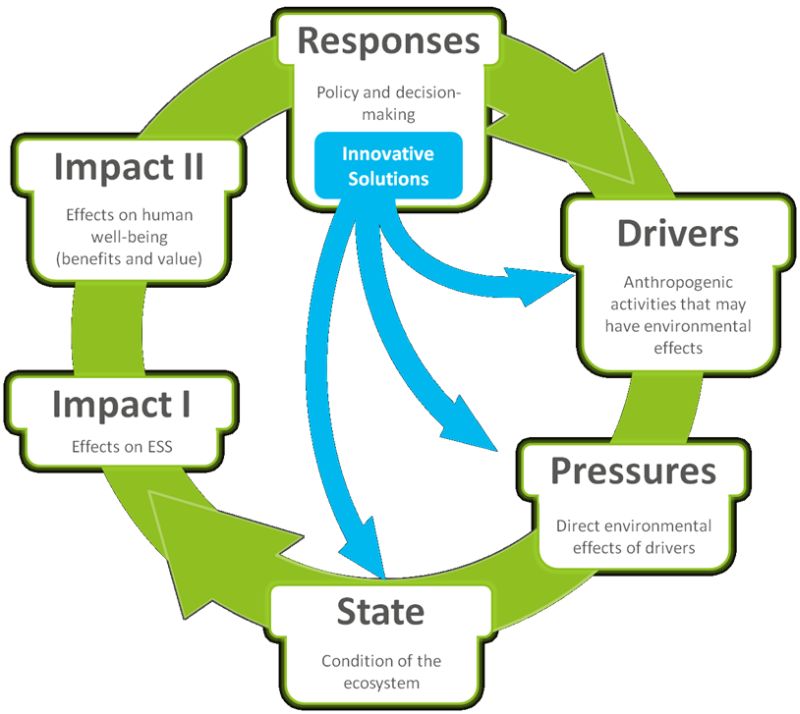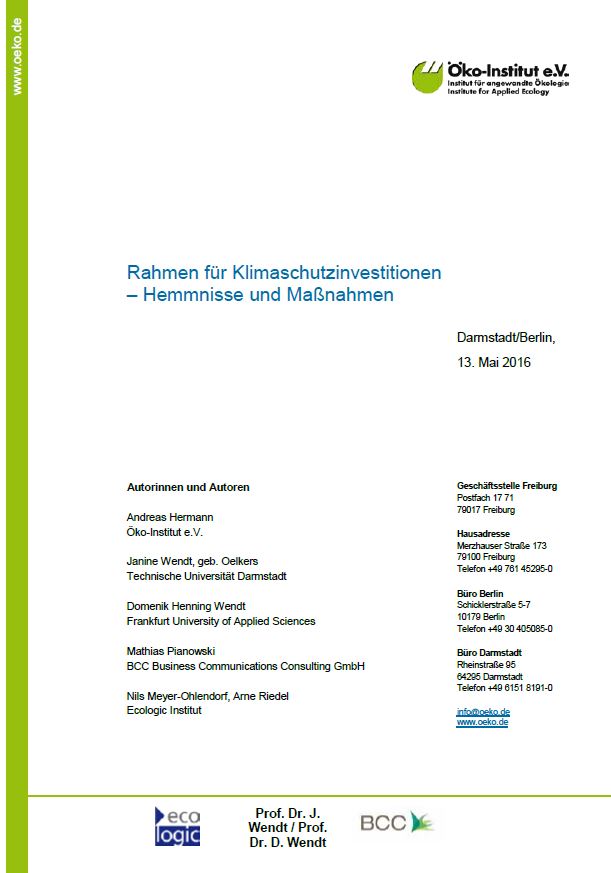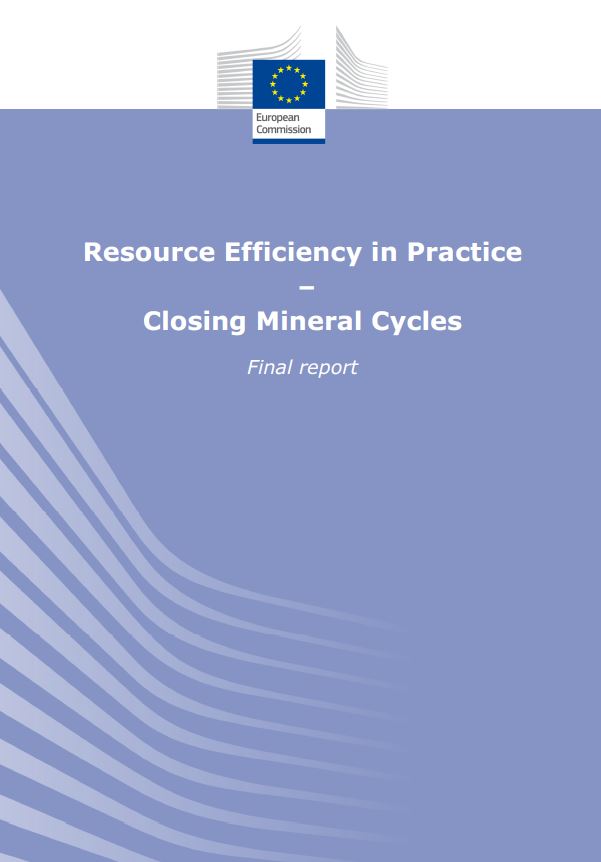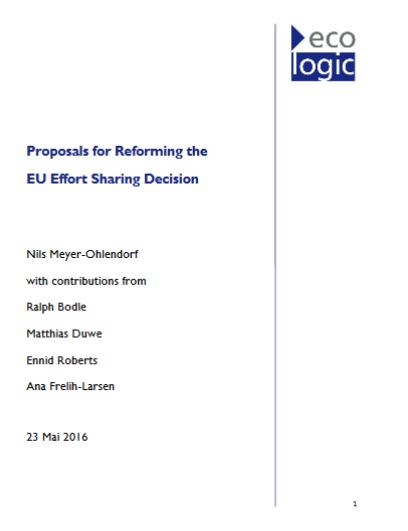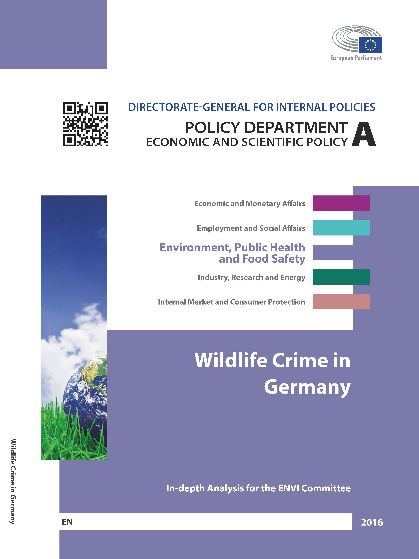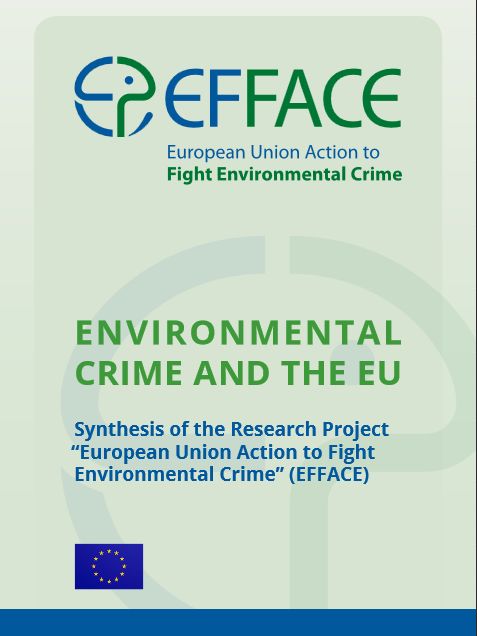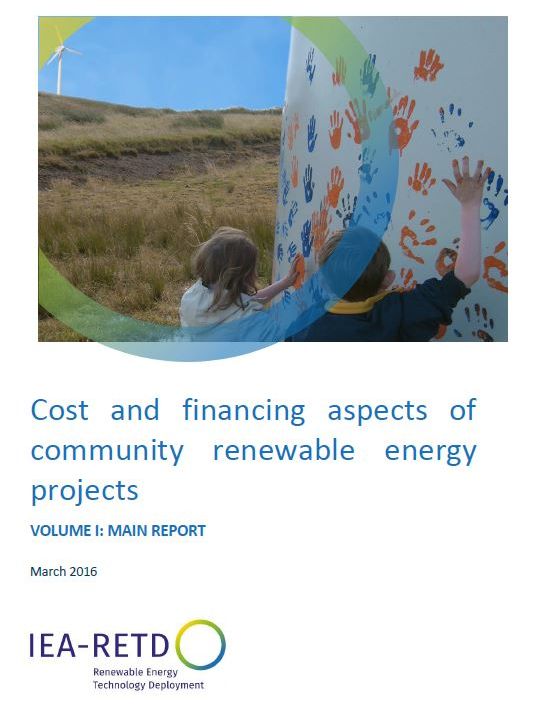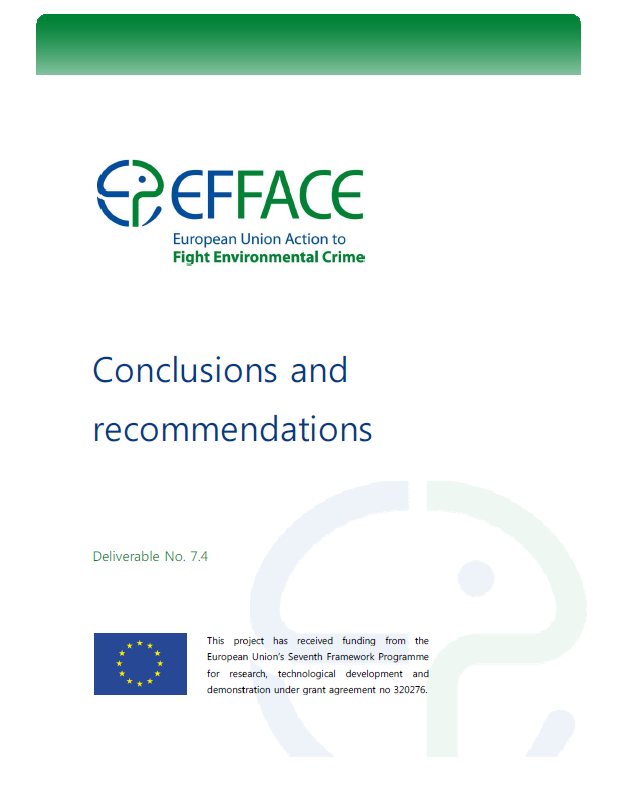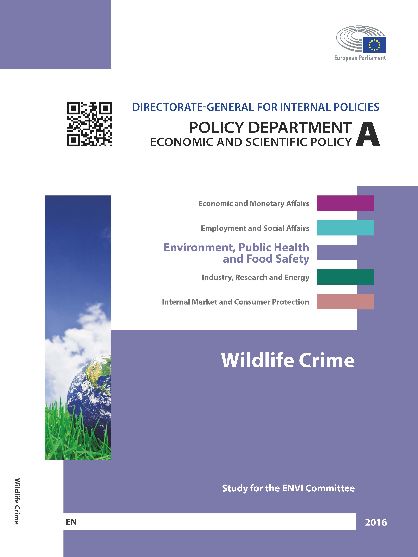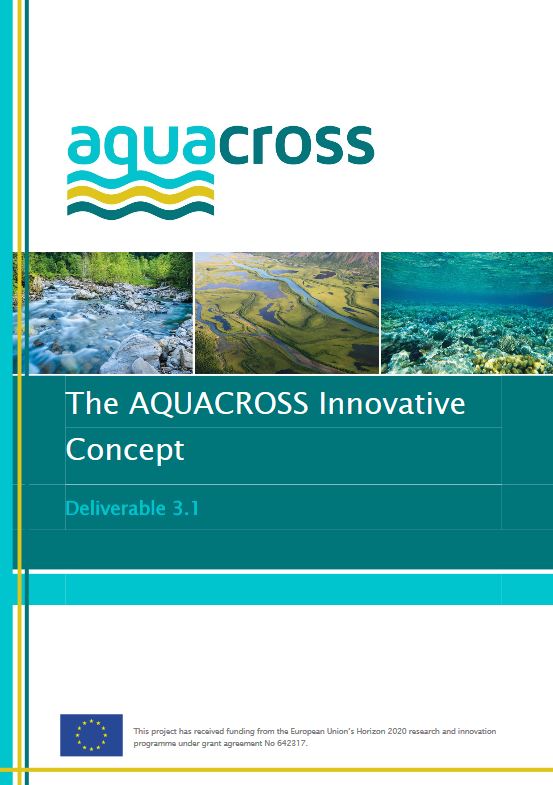Publication:Report
Publication:Report
Publication:Report
Publication:Report
Publication:Report
Publication:Report
Publication:Report
Publication:Report
Environmental Crime and the EU: Synthesis
Synthesis of the Research Project "European Union Action to Fight Environmental Crime" (EFFACE)
Year
Read morePublication:Report
Management of European Overseas (Sub)Tropical Biodiversity in Support of Sustainable Development
Policy Recommendations and Priorities for Research Cooperation
Year
Read morePublication:Report
Cost and Financing Aspects of Community Renewable Energy Projects
Volume I: Main Report
Year
Read morePublication:Report
Publication:Report
European Union Action to Fight Environmental Crime (EFFACE): Conclusions and Recommendations
on fighting environmental crime more effectively
Year
Read morePublication:Report
Publication:Report
Summary Report on the Social, Economic and Environmental Impacts of the Bioeconomy
Promoting stakeholder engagement and public awareness for a participative governance of the European bioeconomy
Year
Read morePublication:Report
